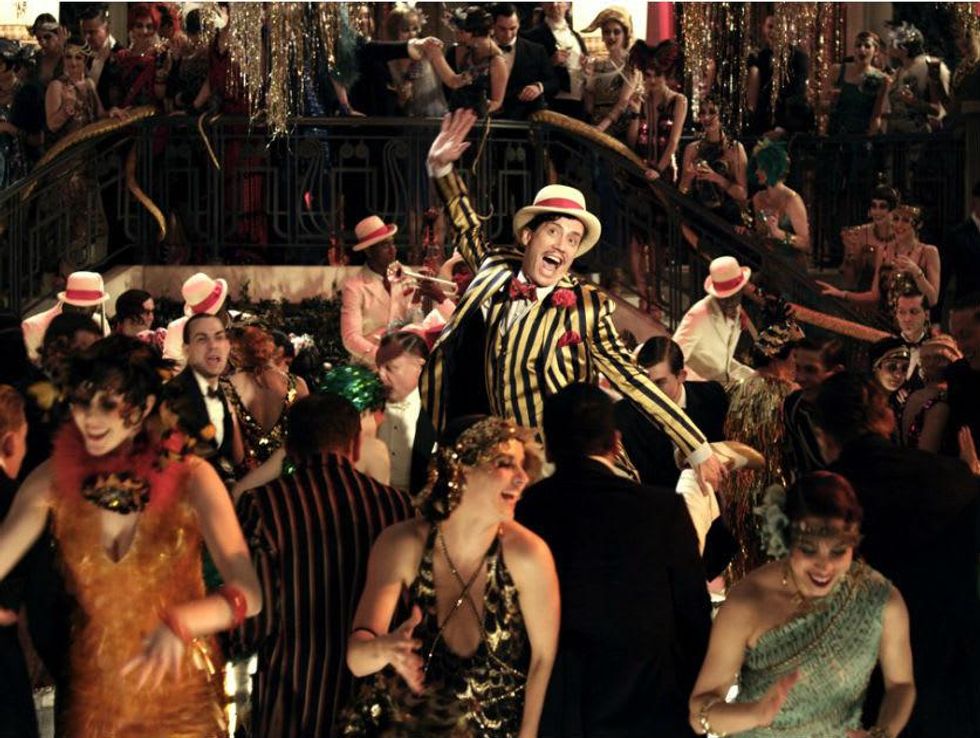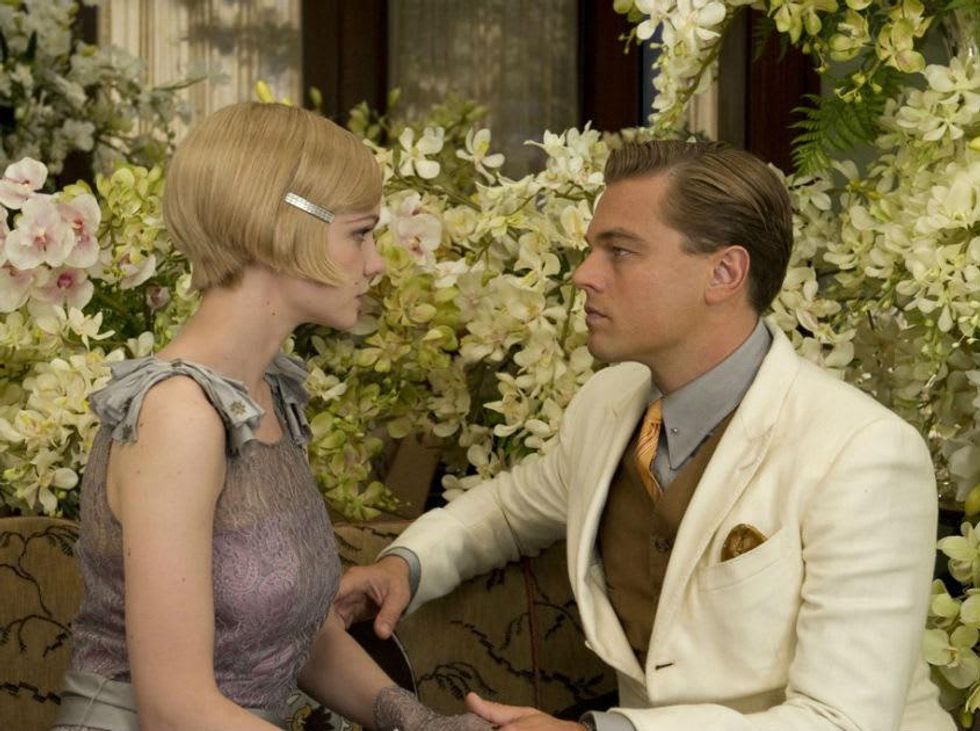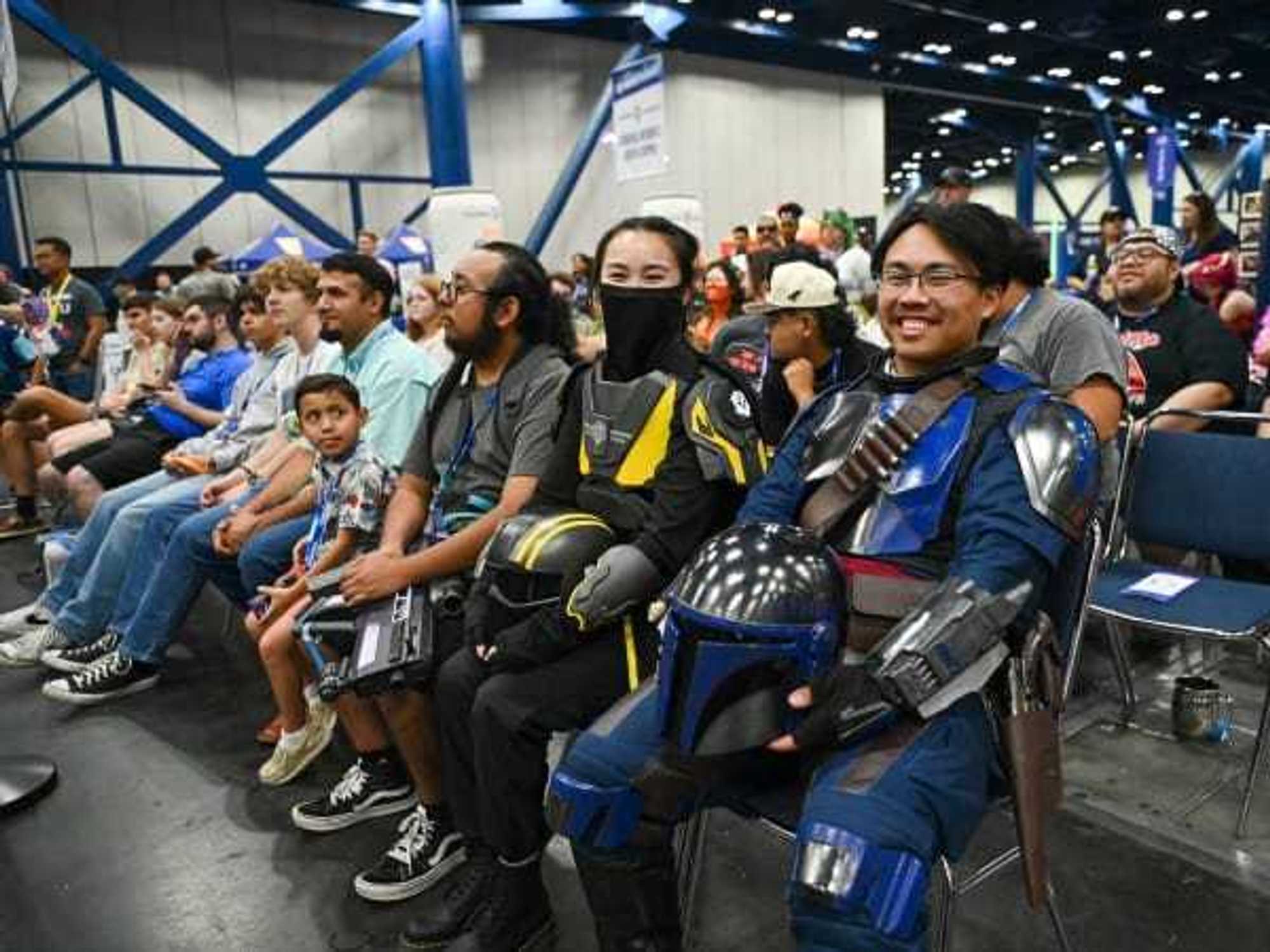Houston's largest comic and fan convention, Comicpalooza, has started announcing its celebrity guest line-up for the upcoming Memorial Day weekend event, including cast members from the Halo game franchise and animated sci-fi show Rick & Morty
In honor of the video game franchise's 25th Anniversary, Comicpalooza is welcoming Halo voice actors Steve Downes (Master Chief), Tim Dadabo (343 Guilty Spark), Jeff Steitzer (Voice of God multiplayer announcer), and Jen Taylor (Cortana). They will be joined by series composer Marty O’Donnell. Fans can expect several panels involving the cast as they discuss the game's long history as an iconic first-person shooter.
The more comedic side of science fiction is also warmly represented. Cast members from cult hit show Rick & Morty were announced earlier in February. Harry Belden (Morty), Ian Cardoni (Rick), and Spencer Grammer (Summer) will be signing autographs and meeting fans of the Adult Swim breakout time-and-space travel series. Attendees should refrain from constantly screaming "Pickle Rick" throughout the weekend (please).
Other guests include renowned comic writer Gail Simone (currently helming the incredible run of Uncanny X-Men), legendary genre film star Pam Grier (Foxy Brown, Jackie Brown), Dungeon Crawler Carl author Matt Dinniman, and the original Incredible Hulk actor, Lou Ferrigno. More guests are expected to be announced in the coming months, and Comicpalooza usually saves at least one big reveal until April.
Comicpalooza started from humble beginnings. In 2008, it was a small fan gathering celebrating the release of The Dark Knight in the lobby of the now-closed Alamo Drafthouse. Since then, it has grown into Houston's third-largest annual event after the Houston Livestock Show and Rodeo and Houston Pride. Now operated by Houston First, the local government corporate that markets Houston as a travel and business destination, it's become a premiere tourist draw for the city. Roughly 50,000 people attend the convention every year.
The three-day fan event takes up most of the massive George R. Brown Convention Center with artists, vendors, panels, concerts, wrestling, craft activities, cosplay contests, gaming, and more. A full weekend pass for an adult costs $105, plus add-ons such as photo opportunities or autographs with the celebrity guests.Weekend passes for children under 12 are $10. Single day passes are also available. Tickets and more information can be found on the official Comicpalooza website.




